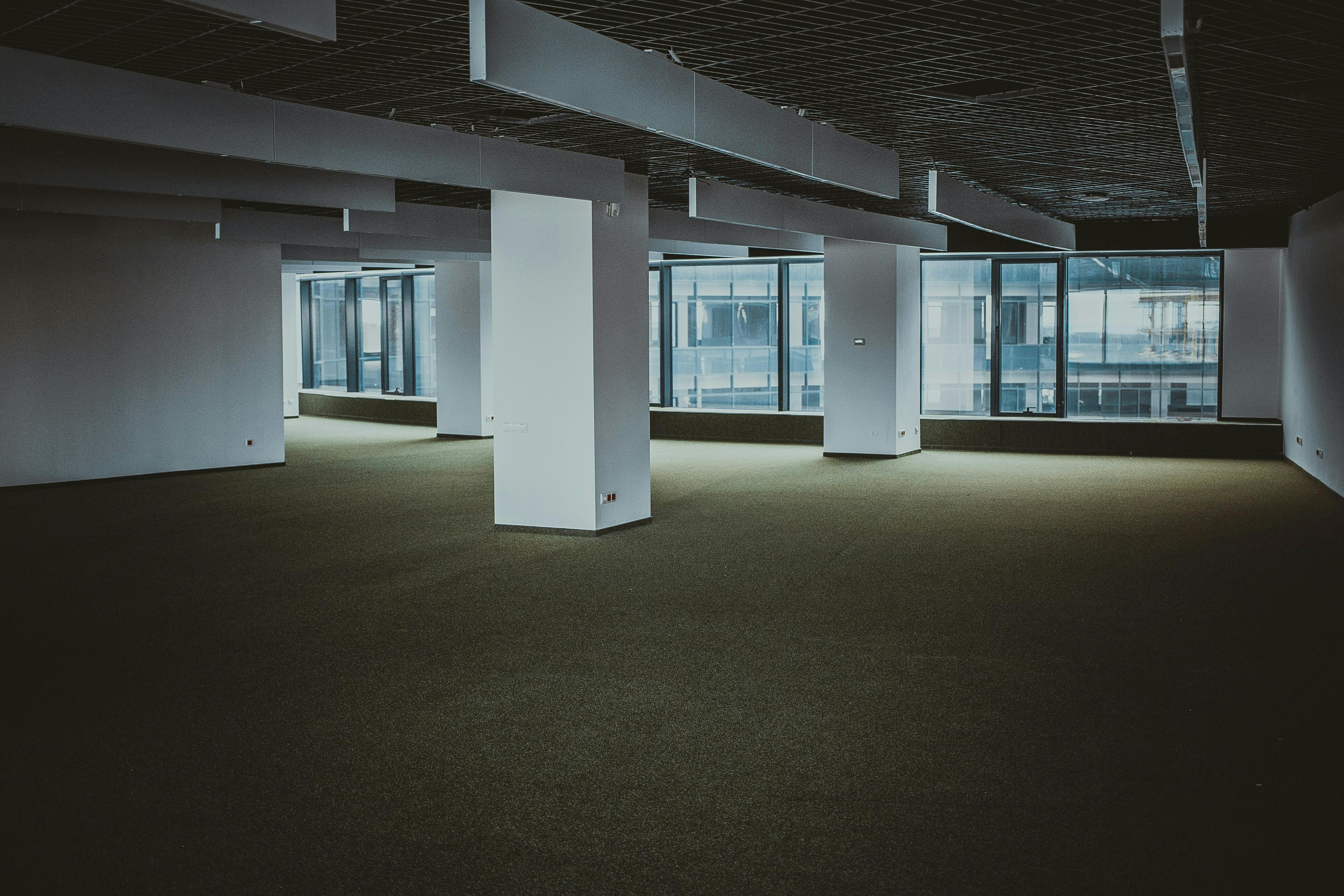
5 Top Tips for living cheap in London
July 11, 2020
London has always been one of the most fashionable and desirable – but most expensive – places to live in the UK. Particularly for young professionals and graduates, finding affordable accommodation in London can be difficult. However, there are a few tips and tricks that can make London living cheaper.
1. Flat Sharing
Finding yourself some flatmates is one of the best ways to reduce expensive rent costs. There’s often a lot of people in the same boat looking for cheap London accommodation, so why not club together? Websites such as spareroom.com frequently advertise single rooms available in shared flats or houses and can be much cheaper than renting an entire place by yourself. House sharing also gives you a great opportunity to make new friends in the big city.
2. Stick to public transport
Driving in London can be very expensive, especially with city centre driving charges to pay on top of petrol and insurance, and quite often is not necessary. London is one of the best connected cities in the UK in terms of public transport services, so take advantage of the tube or hop on a bus. If you’re a regular traveller, daily, weekly, and monthly travel card passes can be bought on your Oyster card to save you some money versus pay-as-you-go fares. Plus it’s a greener way to travel too!
3. Choose your area wisely
The closer into the heart of London you get, the more expensive house prices and rent costs can become, so it’s always important to do your research. London is much bigger than you think! Could you save yourself money on accommodation by living slightly further away and commuting in on the tube? You might even get to experience parts of London you hadn’t considered before, all whilst saving yourself a significant amount of money.
4. Shop smart
We all prefer convenient options when it comes to shopping, but in London you could be paying much higher prices for your essentials at your local corner shop than you would pay at the supermarket. Try avoiding the convenience store and travelling a little further for your weekly shop, as it could save you a lot of money in the long run. Eating out in London can also be a very expensive luxury – stick to home-made meals and lunches, or keep your eye out for restaurant deals such as two-for-one offers or cheaper lunchtime menus.
5. Become a Live-in Property Guardian
Becoming a property guardian in London can be one of the most unique and cost-effective ways to get the most out of London life. Live-in Guardians is one of the leading property guardian companies in the UK; taking vacant properties such as office buildings, old pubs, or even churches that would otherwise fall into disrepair, and making them safely habitable for young professionals to live in. Our property guardians in London have the opportunity to live with a wide range of people in prime locations – all while saving money on rent costs. Quite often, the fee our guardians pay is dramatically lower than the average London rent price.
If you’re looking to live in London but want to avoid extortionate living costs and save yourself some money, consider becoming a Live-in property guardian with us today.
More news from Live-in Guardians

Live-in Guardians Highly Commended in the Social Impact Initiative of the Year Award at the 2025 Estates Gazette Awards

Live-in Guardians Shortlisted for Social Impact Initiative of the Year at Estates Gazette Awards 2025


